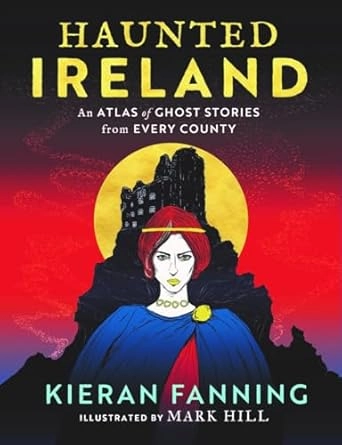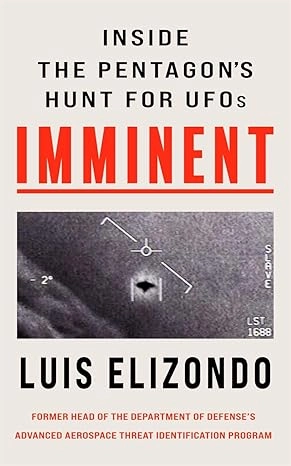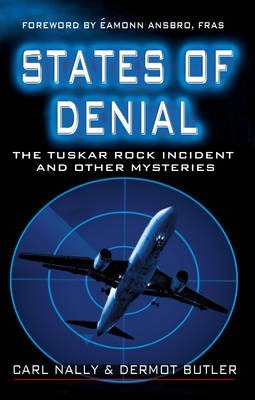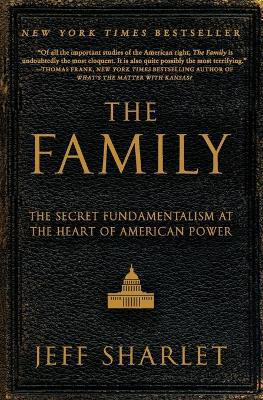David Grusch, Whistleblower, Security Concerns Cited As Reason He Missed His Joe Rogan Podcast Appearance
Alien Life & UFO/UAPs
Wednesday 10th, January 2024
2 minute read.
Whistleblower David Grusch, known for his revealing testimony before Congress regarding extraterrestrials and alien technology last summer, faced serious security concerns leading to the cancellation of his highly anticipated appearance on Joe Rogan's podcast, as reported by mirror.co.uk.
The unfolding drama is now the focus of a new three part documentary titled "UFO Revolution: Exposing the Largest Government Cover Up," produced by TMZ. The investigation delves into the government's alleged suppression of Unidentified Anomalous Phenomena (UAP) sightings and sheds light on the significant impact it has had on the lives of former intelligence officials involved in the subject.
The first episode of the documentary, narrated by filmmaker Jeremy Corbell, recounts the planned discussion on "The Joe Rogan Experience" podcast, which was set to feature Grusch along side fellow journalist George Knapp. However, the conversation took an unexpected turn as Grusch failed to make his scheduled appearance, citing security concerns stemming from his whistleblower testimony.
Corbell, who was also part of the planned podcast, revealed that Grusch's absence was directly linked to fears of reprisals. "Look man, reprisals are real," Corbell expressed in the documentary. "The effect of trying to silence people is absolutely real as well." Corbell shared his challenges in gathering evidence from witnesses who often fear facing consequences if they speak out, emphasising that many of these witnesses work within agencies likely to target them for revealing the truth.
"To people like David Grusch who really just took it on the chin, came forward, and said what he could say in that setting," Corbell continued, "Yeah man, you're going to take shots. You better be truly, deeply prepared to the core of who you are to take those hits."
The documentary aims to shed light on the broader issue of potential government cover ups and the challenges faced by those who dare to speak out against such suppression. It raises important questions about the implications of revealing sensitive information on unconventional topics, particularly when it involves former intelligence officials and whistleblowers.
The unfolding drama is now the focus of a new three part documentary titled "UFO Revolution: Exposing the Largest Government Cover Up," produced by TMZ. The investigation delves into the government's alleged suppression of Unidentified Anomalous Phenomena (UAP) sightings and sheds light on the significant impact it has had on the lives of former intelligence officials involved in the subject.
The first episode of the documentary, narrated by filmmaker Jeremy Corbell, recounts the planned discussion on "The Joe Rogan Experience" podcast, which was set to feature Grusch along side fellow journalist George Knapp. However, the conversation took an unexpected turn as Grusch failed to make his scheduled appearance, citing security concerns stemming from his whistleblower testimony.
Corbell, who was also part of the planned podcast, revealed that Grusch's absence was directly linked to fears of reprisals. "Look man, reprisals are real," Corbell expressed in the documentary. "The effect of trying to silence people is absolutely real as well." Corbell shared his challenges in gathering evidence from witnesses who often fear facing consequences if they speak out, emphasising that many of these witnesses work within agencies likely to target them for revealing the truth.
"To people like David Grusch who really just took it on the chin, came forward, and said what he could say in that setting," Corbell continued, "Yeah man, you're going to take shots. You better be truly, deeply prepared to the core of who you are to take those hits."
The documentary aims to shed light on the broader issue of potential government cover ups and the challenges faced by those who dare to speak out against such suppression. It raises important questions about the implications of revealing sensitive information on unconventional topics, particularly when it involves former intelligence officials and whistleblowers.



